Imagine it: You have implemented the best on the market HR system and the project is complete. Your employees are using the solution exactly as you planned; they are recording hours, absences, vacation requests and leave. You are using it to follow up on your employees and to hold good development discussions. You have optimized your onboarding process so that your newly hired talents are productive before you know it. payroll are paid as they should be, the reimbursement process works perfectly. But how are HR reports going?
How to get started?
Despite the fact that you have an excellent solution, where everything is in place for you to be able to report on what you need, you still have to get started. You need to know what to report on and to whom to report. Here it pays to ask yourself some specific questions before you start:
- Who will receive the report?
- What will the report be used for?
The answers to these questions will reveal whether the reporting you are going to make is operational or strategic, and thus help you further on your reporting journey.
Operational vs strategic HR reports
An operational and a strategic report are two very different reports. Not only do they contain different reporting elements, they are also used in very different ways, and by different people in your company.
An operational report is either internal, and is used by managers for daily follow-up, or externally and is used for government reporting. Here you report with facts and figures such as sick leave or self-reports. Regardless of whether the report is external or internal, they are often based on transactional data, show details at the personal level, and provide a certain form of compilation. The internal, operational reports can often be seen in managers' dashboards.
Strategic reporting is often based on factual figures and aggregated data and is used by management teams for analyzes and strategic decisions.
That managers and management groups get access to the very best reports is of course incredibly important, but have you thought that reporting to employees is also both important and correct?
2 questions you should ask yourself
You now have a clear idea of the difference between an operational and a strategic report, and that's great, but there are still two important questions you need to ask yourself:
- Where is the data?
- Is the data up to date?
To set up relevant reports, it's important that you know where to pull your data from. Do you have everything in one platform? Great! Moving on to the next step in your reporting journey is a piece of cake. But you may have payroll in one system? Time data in another? And general HR data in a third? And where do you actually have information about absences? It is important that this is uncovered so that we can specify how we are going to retrieve the data, or whether we need to make adjustments to the system landscape to get the data in.
Once we have the overview of the key figures, we can start designing and setting up the reports. There are a number of very good ready-made paints. The big job is to find out what we need, and what data sources we have, before they can be activated.
Regardless of which group you are in, you can take it easy. As long as you have a good partner to help you with mapping and setup, it goes just fine.
The next question you need to ask yourself is whether the quality of the data is good enough. Are they correct and up to date? It's nice to be able to run reports "on the go", but it's not particularly useful if the data is incorrect or up to date. A good data wash, as well as getting to know the data, will therefore be high on the list of activities we would recommend you to carry out.
Why is proper reporting important?
There are, of course, many reasons why reporting is important. External government reporting is required by law and must be carried out. In addition, we think the following points are important:
- Managers receive easily accessible, accurate, and up-to-date information to support their daily lives
- Management groups receive relevant and up-to-date data for decision support
- Management groups can retrieve live data in management meetings, and thus discuss the current status and not last week's results - It will be live, relevant and on the spot!
- You save time! You do not have to spend time compiling data, which can save you days of work per month
Reporting Bonus - Dashboard for Employees!
That managers and management groups get access to the very best reports is of course incredibly important, but have you thought that reporting to employees is also both important and correct? Employees can easily access key information in the company via dashboards. This way, it is easy to stay up to date, the data is online, and everyone looks more forward than backward. You thus shift focus and increase the engagement among employees by giving them information on the spot!
What can we help you with?
We at Sariba can help you with most of what you need in reporting. We have very good consultants with extensive experience in setting up reports. In addition, we have several advisors who help you get started with both mapping and strategy. WE know the different reporting requirements that are out there, and we therefore know what you need:
Do you have a reporting strategy? If not, we will help you with this
- What needs do you have?
- Which way should you go?
- Have you defined key figures?
If you know what you want to report on, we will go in and look at which key figures we should activate. In our toolbox, we have a large number of key figures that can be activated and made visible to managers.



